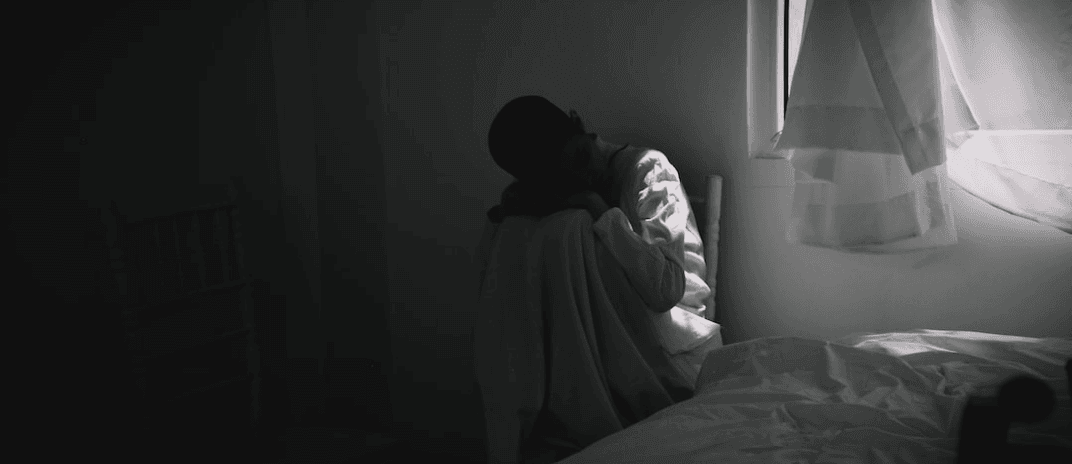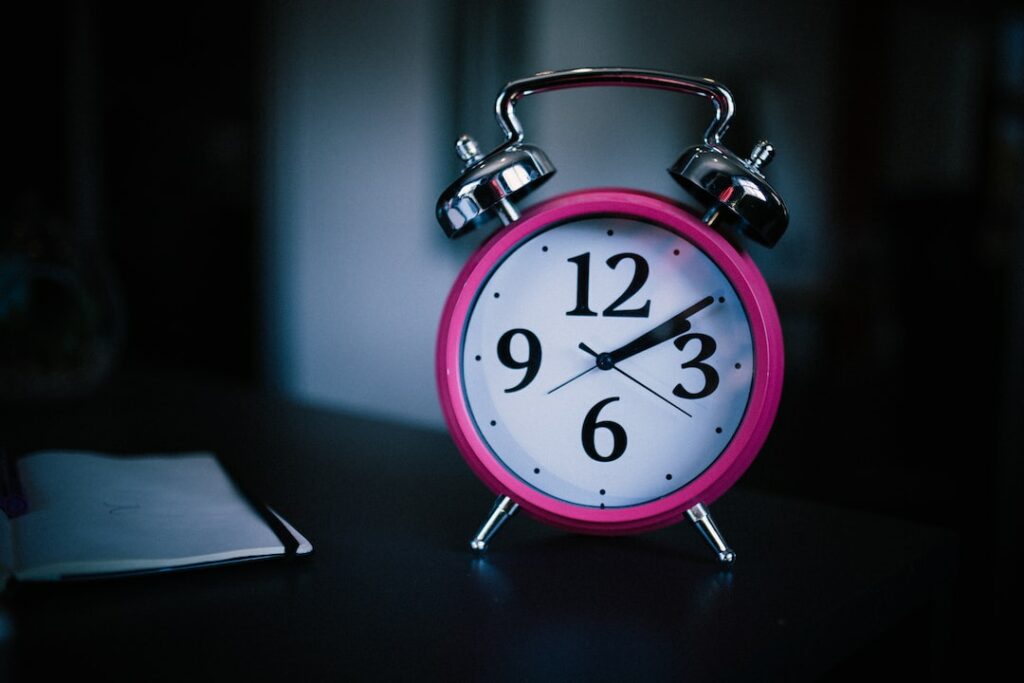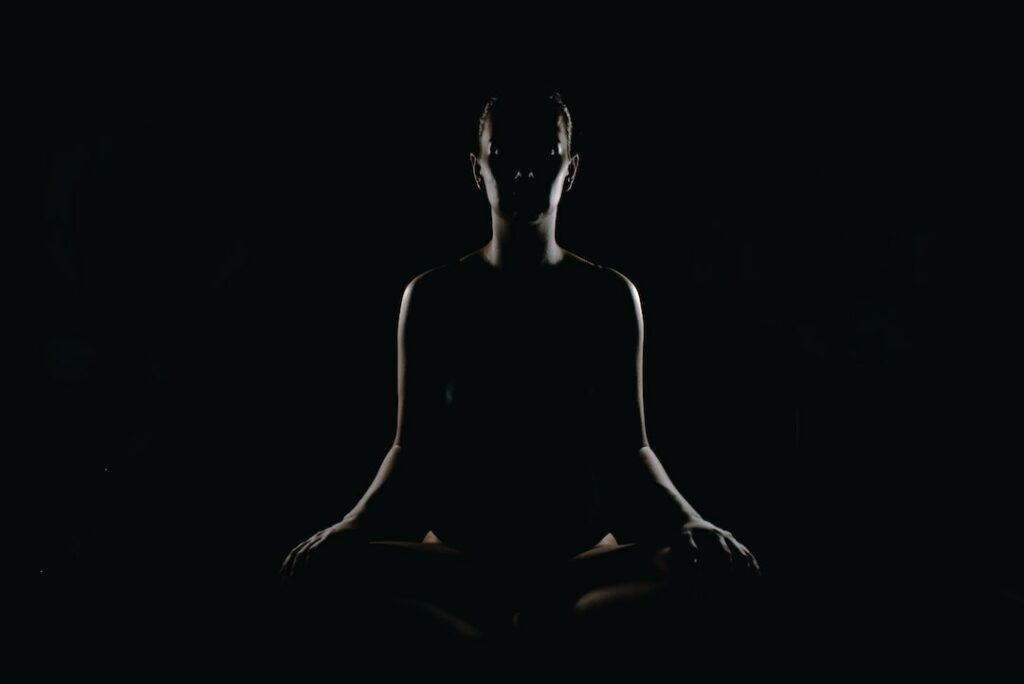


Are you struggling to fall asleep at night? This article has 10 helpful tips so that you know what to do when you can’t fall asleep. From establishing a bedtime routine to creating a sleep-friendly environment, we’ll explore strategies that can improve your sleep quality.
Say goodbye to sleepless nights and wake up feeling refreshed and rejuvenated. These tips may just be the answer you’ve been searching for.
To establish a bedtime routine, start by creating a relaxing environment in your bedroom. Keep your bedroom clutter-free and create a peaceful atmosphere with soft lighting and soothing colors. Remove any distractions, such as electronics or work-related items, from the bedroom to create a space dedicated to rest and relaxation. Consider using calming scents or playing soft music to help you unwind before sleep.
Develop a consistent pre-bedtime routine that signals to your body that it’s time to wind down. This could include activities like reading a book, taking a warm bath, or practicing relaxation techniques. Try to avoid stimulating activities or screens close to bedtime, as they can interfere with your ability to fall asleep.

To create a sleep-friendly environment, make sure your bedroom is conducive to rest and relaxation. Start by keeping your bedroom cool, dark, and quiet. Use blackout curtains or an eye mask to block out any unwanted light.
Consider using earplugs or a white noise machine to drown out any noise that may disturb your sleep. Keep your bedroom clutter-free and organized to create a sense of calm.
Choose a comfortable mattress and pillows that support your body and help you maintain a good sleeping posture. Use soft, breathable bedding materials that promote airflow and regulate temperature.
Sticking to a sleep schedule is a key ingredient for a good night’s rest. Going to bed and waking up at the same time every day helps regulate your body’s internal clock, promoting better sleep quality. Consistency reinforces your sleep-wake cycle, making it easier to fall asleep and wake up feeling refreshed. Aim for a schedule that allows you to get the recommended amount of sleep for your age group.
Download ShutEye® to make sure to stay on track with your sleep habits!
If you can’t sleep, try relieving stress and relaxing before bed. Managing stress is essential for a restful night’s sleep. Take some time to unwind and let go of the day’s worries.
Engage in activities that help you relax, such as reading a book, practicing deep breathing exercises, or listening to calming music. Create a peaceful environment in your bedroom by dimming the lights, playing soothing sounds, or using aromatherapy.
Avoid stimulating activities, such as watching intense TV shows or using electronic devices right before bed. Instead, opt for activities that promote relaxation and prepare your mind and body for sleep.
Continue promoting a restful night’s sleep by reducing your exposure to screens and blue light. Screens emit blue light which can disrupt your natural sleep-wake cycle by suppressing the production of melatonin, a hormone that helps regulate sleep. To limit your exposure, try implementing the following strategies:
| Strategies | Tips |
|---|---|
| Limit screen time before bed | Avoid using electronic devices at least 1-2 hours before bedtime. Instead, engage in relaxing activities like reading or listening to calming music. |
| Use blue light filters or glasses | Consider using blue light filters on your devices or wearing blue light-blocking glasses. These can help reduce the amount of blue light that reaches your eyes. |
| Create a screen-free bedroom | Make your bedroom a technology-free zone. Remove screens, such as TVs and laptops, from your sleeping area to create a calm and distraction-free environment. |
| Adjust screen settings | Use the night mode feature on your devices to reduce the amount of blue light emitted. You can also lower the brightness level to minimize the impact on your sleep. |
| Opt for alternative activities | Instead of relying on screens for entertainment, explore other activities like practicing mindfulness, doing puzzles, or engaging in hobbies that promote relaxation. |

To avoid sleep disturbances, it’s important to limit your intake of caffeine and other stimulating substances. It stimulates your nervous system, making it harder for your body to relax and unwind.
It’s not just coffee that contains caffeine; tea, energy drinks, and some medications can also be sources of this stimulant.
Similarly, other stimulating substances like nicotine and alcohol can disrupt your sleep patterns and lead to restless nights. It’s important to be mindful of what you consume, especially in the hours leading up to bedtime.
If you find yourself tossing and turning in bed, unable to catch those elusive Zs, it might be time to change your approach. Instead of lying there frustrated, sleep experts recommend getting out of bed.
You could read a book, do some light stretching, or sip on a warm cup of caffeine-free tea. Staying in bed while feeling restless can create a negative association between your bed and the struggle to sleep.
By getting up and only returning when you feel sleepy, you’re more likely to make your bed a haven for restful slumber.

Embarking on a body scan meditation can be a simple and effective way to bring calmness to your mind and body. Find a quiet and comfortable space to sit or lie down for meditation.
This practice can be a rejuvenating break in your day, fostering a sense of connection between your mind and body.
Unlock a path to relaxation with Progressive Muscle Relaxation (PMR). This technique involves tensing and then releasing different muscle groups in your body, promoting a profound sense of calmness.
PMR is a simple yet effective method to unwind, making it an excellent addition to your relaxation routine.
If you are experiencing persistent sleep difficulties, it is important to seek professional help.
While there are many self-help strategies you can try, healthcare professionals can provide a proper diagnosis and develop a personalized treatment plan to address your specific needs.
See also:
50 of the Funniest Can’t Sleep Memes Ever
Centre for Clinical Interventions (n.d.) Progressive Muscle Relaxation [online]. https://www.cci.health.wa.gov.au/-/media/CCI/Mental-Health-Professionals/Panic/Panic---Information-Sheets/Panic-Information-Sheet---05---Progressive-Muscle-Relaxation.pdf
Mayo Clinic (2022) Sleep tips: 6 steps to better sleep [online]. Available at: https://www.mayoclinic.org/healthy-lifestyle/adult-health/in-depth/sleep/art-20048379